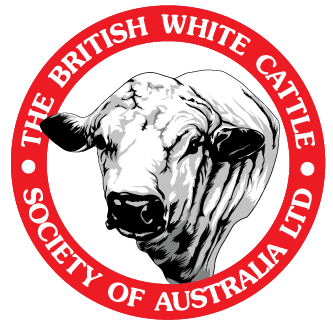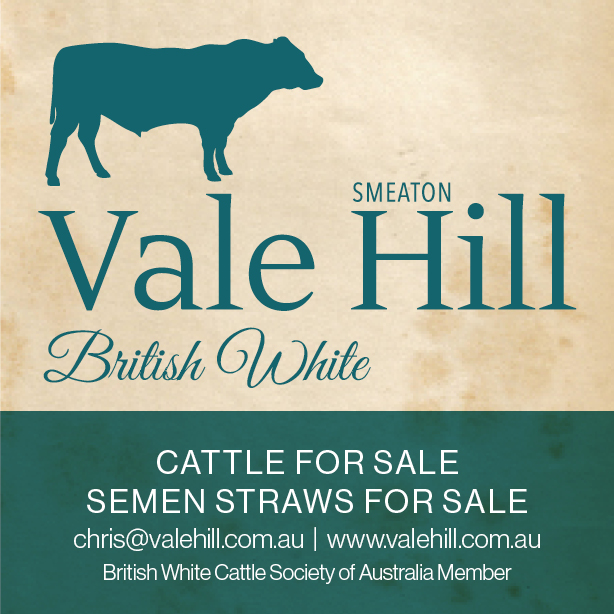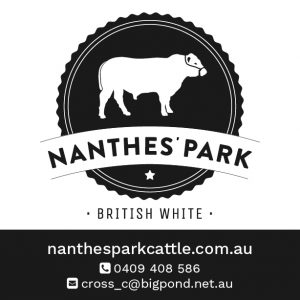Choosing a breed of cattle for your farm can be an extremely difficult task. There are many different breeds out there, and all of them have many positive attributes. However, if you are looking for a truly complete cow, British White is the breed you should consider over other breeds because of the breed’s hardiness, simplicity, and excellent quality meat.
British White Cattle are closer to wild cattle than any other breed. The breed’s history can be traced back to herds of indigenous white cattle in England of the 1500s. While the British White has been thoroughly domesticated, it retains enough of its independent characteristics to help it survive and thrive with a minimum of human intervention.
The animal’s calves are easy to handle and the cows claim their calves without any difficulty at all. The British White is a very hands-off breed when it comes to calving, which means you do not need to stay up nights waiting for your heifers to have their first calves, fearing the calf will be abandoned in the field or the cow will suffer health complications.
In addition, the British White was once used as a dairy cow in England, and milk production compared well with other breeds. As a beef cow, the British White produces more than enough milk to bring calves to a good weight quickly. British White calves can be more than 220kg when weaned, even if they have only been grazed. British White calves have a much higher survival rate than other breeds, at least partly due to the high milk intake with the breed. Additionally, they have excellent feed conversion rates, making them very efficient animals to keep and raise.
British White Cattle have a hardiness rarely seen in other breeds. The breed has been exported to many places, including North America, Brazil and Australia. This particular breed continues to thrive in these very different climate zones. On the range, they can grow even while surviving on lean pasture. Their hooves rarely give any trouble, and the breed is extremely resistant to diseases such as tuberculosis and viral pneumonia. If you are in an area where conditions are harsh or you leave your animals on the range for long periods, the British White is able to survive and thrive in conditions where other breeds might not.
Edited from Morris Halliburton



